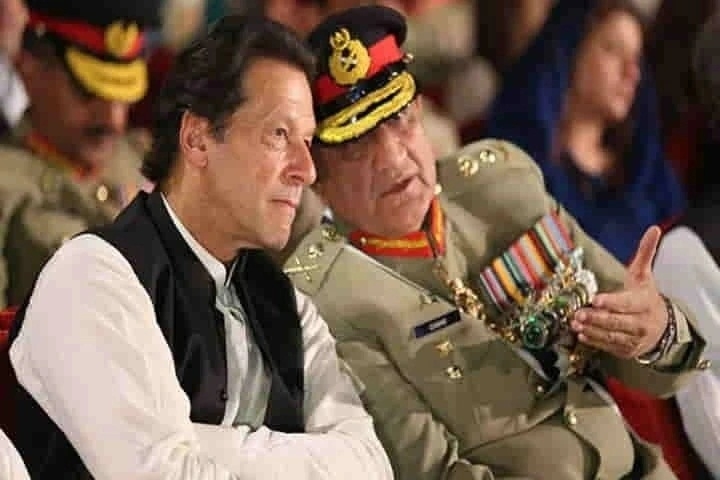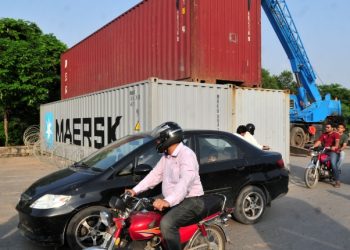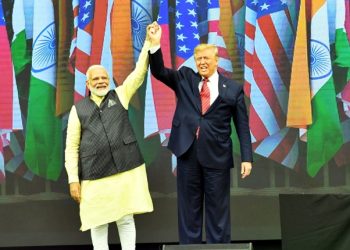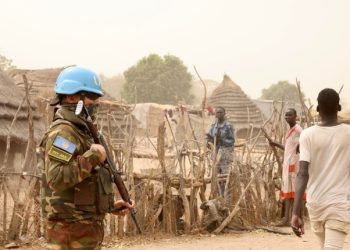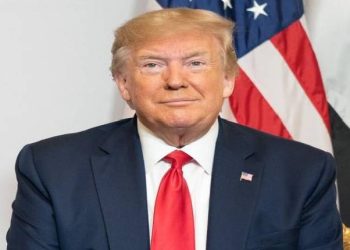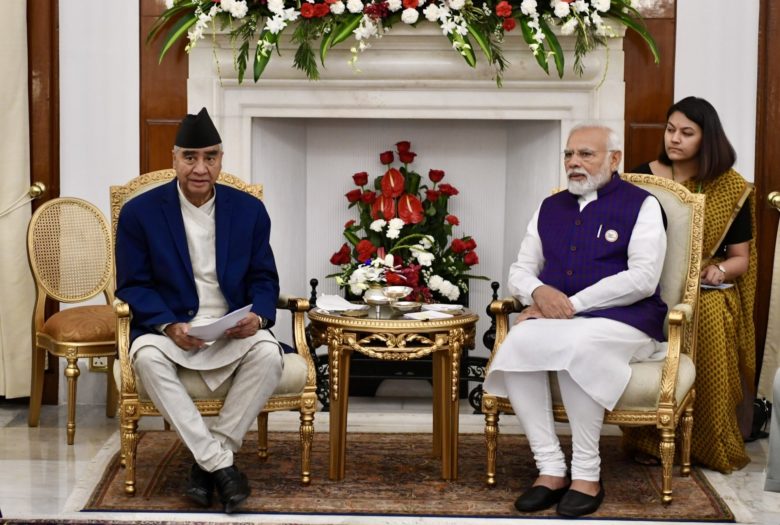Islamabad: As Pakistan’s political situation continues to twist and turn with Prime Minister Imran Khan trying his level best to retain his premiership, repeated claims of a foreign conspiracy to oust his government has raised major concerns over the countrys relations with the US and Europe along with the future of diplomatic ties via foreign policy.
Khan has claimed that the US and other western countries have facilitated and planned a plan to oust his government through the no-confidence motion, voting on which will be done tomorrow in the National Assembly of Pakistan.
The premier said that foreign powers are using his opposition political parties to oust him because of his trip to Russia and refusing to US and Europe for supporting their position on the Russia-Ukraine crisis against Moscow and condemn the invasion, a demand that Pakistan refused.
Khan had waved a letter, claiming it to be a direct threat of dire consequences if he succeeds to tackle the no-confidence motion, adding that all will be forgiven if the incumbent PTI government is thrown off power.
While the Prime Minister seems to be using the foreign conspiracy tactic to his benefit among the masses and declared all those who have joined hands against him as “traitors” and “conscience sellers”, the claims have been outrightly denied as baseless allegations.
Khan’s claims raised major reservations over Pakistan’s future course of its relations with the US and European Union, which can cause major setbacks to Islamabad’s cash-strapped economy.
However, it seemed like the Pakistan Army chief took it upon himself to do some damage control as he details Pakistan’s future intentions towards its engagements with global powers.
Addressing a gathering in Islamabad, Chief of Army Staff (COAS) General Qamar Javed Bajwa said that Pakistan does not believe in camp politics.
“I believe today more than ever we need to inculcate and promote spaces of intellectual debate and discourse where people from around the world come together to share their ideas about the future of their country and world at large.
“Pakistan, as a country located at the crossroads of economic and strategic confronts, is navigating these shared challenges in our immediate region and through our partnership in the international community,” he added.
Bajwa said Pakistan’s first National Security Policy (NCP) highlights that safety, security, dignity and prosperity of its citizens is the nuclear focus of the country’s larger interest policy.
“It (NCP) recognises the symbiotic relationship between the economic, human and traditional security, placing economic security at the core.”
Talking about Pakistan’s relations with the US and other countries, Bajwa said that Pakistan said Islamabad does not believe in bloc politics.
“Pakistan enjoys close relationship with China, demonstrated by our commitment towards the Pakistan China Economic Corridor (CPEC).
“Equally we share a long history of excellent and strategic relationship with the US, which remains our largest export market. We seek to broaden and strengthen our ties with both countries without impacting our relations with the other,” he added.
The COAS also stated that relations with European, Gulf and Southeast Asian countries are also vital for Pakistan’s development and progress.
The statement holds value because it seems that while Khan may be putting Pakistan’s global position in jeopardy, the military establishment has come as a major guarantee to the country’s policy and outreach plans moving forward.
(IANS)



